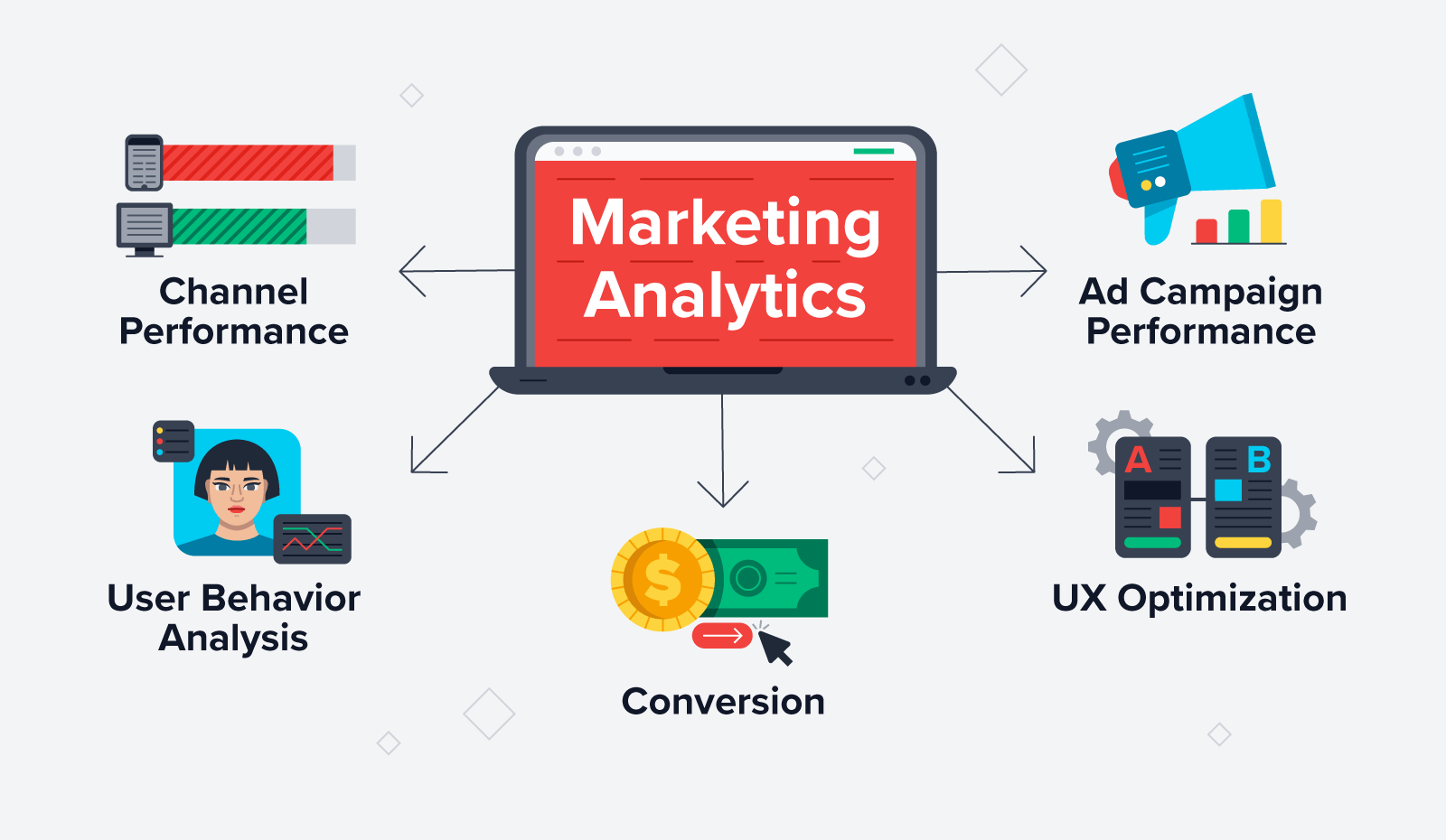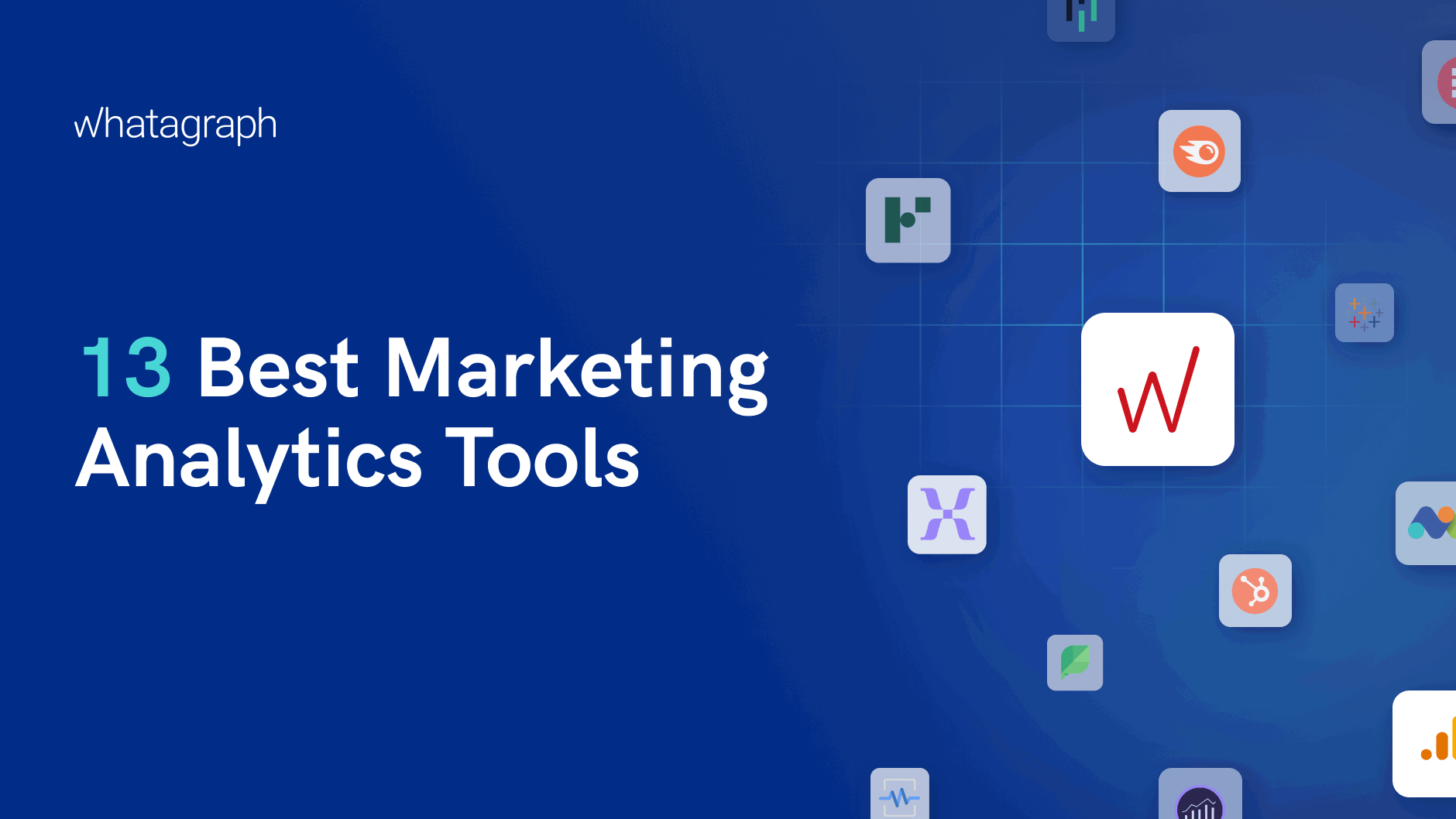Transform Information into Methods with Cutting-Edge Analytics
Transform Information into Methods with Cutting-Edge Analytics
Blog Article
Make The Most Of Growth: How Analytics Drive Better Techniques
In today's data-driven landscape, companies progressively identify the crucial function of analytics in forming efficient growth techniques. By taking advantage of data understandings, organizations can fine-tune their functional techniques, anticipate market modifications, and boost consumer involvement. The challenge lies not only in accumulating data however in effectively translating it to drive tangible outcomes. As we check out the essential advantages and approaches linked with analytics, a critical inquiry arises: how can companies guarantee they are leveraging these insights to open their full possibility? The solution might redefine the future of strategic planning.
Understanding Information Analytics
Data analytics is an organized computational analysis of data that enables companies to uncover meaningful patterns and understandings. This procedure encompasses a range of techniques, consisting of statistical evaluation, anticipating modeling, and information mining, which jointly intend to change raw data into actionable info - Analytics. By using these methodologies, organizations can make enlightened decisions that are rooted in empirical evidence instead of instinct alone
The structure of data analytics hinges on its capability to take care of vast quantities of info from diverse resources. This consists of organized data, such as data sources, and disorganized information, including social networks communications and consumer comments. Through the usage of specialized software and devices, experts can extract and process this data efficiently, identifying trends and connections that might not be quickly apparent.
Understanding data analytics also entails acknowledging the relevance of information top quality and integrity. Accurate and dependable data is vital for meaningful evaluation; hence, organizations have to carry out durable information governance methods. The iterative nature of analytics enables for continuous refinement and improvement of techniques, guaranteeing that companies stay active in the face of changing market characteristics and customer habits.
Key Advantages of Analytics

Among the key advantages of analytics is its capability to give actionable understandings. Organizations can rapidly evaluate huge quantities of data, revealing patterns that may not be immediately obvious. This aids in expecting market shifts and adapting approaches appropriately. In addition, analytics fosters a culture of evidence-based decision-making, reducing reliance on instinct and uncertainty.
Another substantial benefit is improved consumer understanding. Analytics devices enable companies to sector their target market, track consumer habits, and customize marketing efforts. This targeted technique not only improves client engagement but also drives higher conversion prices.

Implementing Analytics Techniques
To totally realize the advantages of analytics, organizations must take on structured strategies for implementation. This starts with plainly defining goals that align with broader service objectives. By establishing details, measurable end results, organizations can focus their analytics initiatives on areas that generate the highest possible return on investment.
Next, companies should prioritize information administration to ensure the stability and protection of the data being examined. This involves establishing up protocols for information collection, storage, and access while adhering to pertinent policies. Guaranteeing premium information is vital for creating significant insights.
Moreover, promoting a culture of data-driven decision-making is crucial. This requires training staff members to translate analytics searchings for and motivating cooperation across departments. When teams comprehend the worth of analytics, they are most likely to incorporate understandings right into their daily procedures.
Last but not least, companies need to routinely review and fine-tune their additional resources analytics techniques. The landscape of data and innovation is continuously evolving, and remaining adaptable will allow companies to utilize new devices and methodologies efficiently. By carrying out these organized methods, organizations can take full advantage of the impact of their analytics campaigns and drive sustainable development.
Tools for Effective Analysis
Effective evaluation depends on a range of tools that help with the removal of understandings from data - Analytics. These tools can range from simple spreadsheet applications to advanced machine learning platforms, each serving a special function in the logical procedure
Data visualization software application, such as Tableau and Power BI, plays a critical role in transforming complex datasets right into reasonable visual representations. These tools allow analysts to identify patterns and fads quickly, allowing for even more informed decision-making.
Statistical evaluation software, like R and SAS, uses advanced capabilities for conducting comprehensive evaluations, consisting of regression, theory testing, and predictive modeling - Analytics. These functions encourage organizations to attract purposeful verdicts from their data, identifying possible possibilities and dangers
Furthermore, data source monitoring systems such as SQL and NoSQL data sources give the essential infrastructure for saving and querying huge quantities of information effectively. They make sure that information is arranged and available for evaluation.
Lastly, service knowledge platforms integrate various data sources, offering a thorough sight of business efficiency. By using these tools successfully, businesses can improve their analytical capabilities, enabling them to establish approaches that optimize development and improve general performance.
Study of Success
Effective companies typically utilize data analytics to drive impactful approaches, as evidenced by numerous significant case research studies. One popular instance is Netflix, which uses sophisticated formulas to examine visitor preferences and behavior. By using these insights, Netflix has successfully customized its content recommendations, resulting in enhanced user involvement and client retention. Their data-driven approach has certainly added to their status as a leading streaming solution.

In addition, Starbucks uses data analytics to identify ideal shop locations and fine-tune its item offerings. By analyzing customer demographics and purchasing patterns, Starbucks effectively determines high-potential markets and customizes its food selection to neighborhood tastes, driving sales and client loyalty.
These study highlight that efficient application of data analytics can result in calculated benefits, click for info fostering technology and development within organizations across various industries.
Verdict
In verdict, the integration of analytics right into organizational techniques substantially boosts decision-making procedures and fosters sustainable development. The efficient application of analytics devices even more sustains dexterity and development, enabling organizations to browse competitive landscapes with higher precision.
Information analytics is an organized computational analysis of information that enables organizations to reveal purposeful patterns and understandings.Recognizing data analytics additionally involves acknowledging the value of data top quality and stability. Accurate and trusted data is important for meaningful evaluation; thus, organizations need to execute durable information governance methods.Following, organizations need to prioritize data governance to guarantee the honesty and security of the data being examined.Effective companies typically take advantage of data analytics to drive impactful techniques, as confirmed by several significant instance websites studies.
Report this page